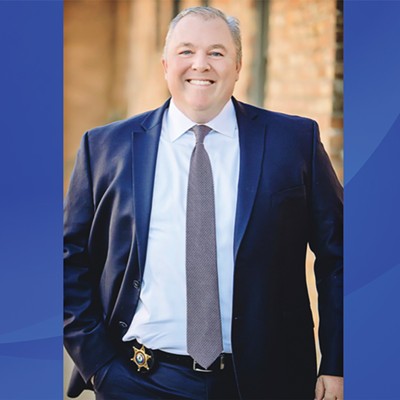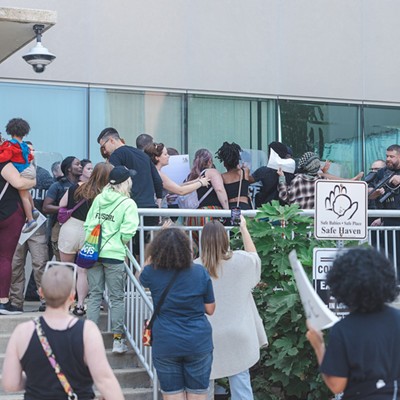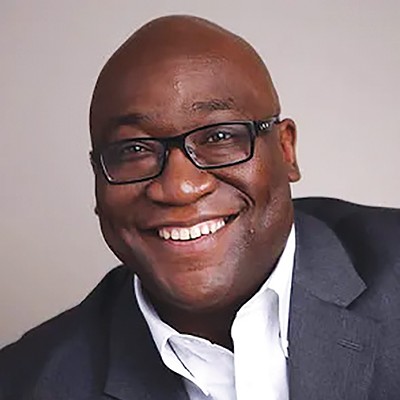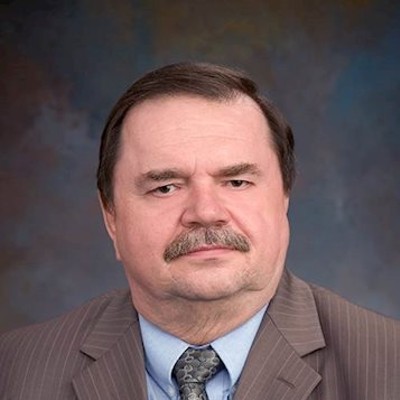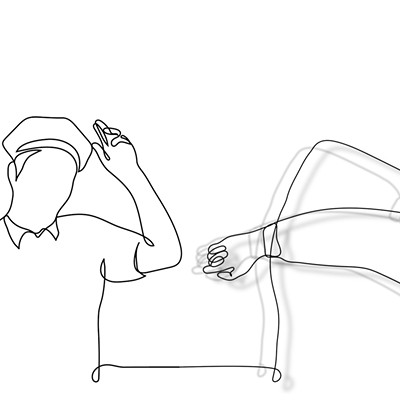A legal mess involving U.S. District Court
Judge Colin Bruce began in 2017, when the judge dressed down an assistant U.S.
attorney who was then lead prosecutor in a corruption case targeting former
U.S. Rep. Aaron Schock.
The tangle involving improper emails between Bruce and former colleagues in the
Springfield-based U.S. attorney’s office resulted in Bruce being removed from
hearing all criminal cases last August. The Seventh Circuit Court of Appeals is
reportedly conducting an investigation into Bruce’s emails to employees in the
U.S. attorney’s office.
It was an unusual step for a federal judge, and it didn’t sit well with Bass or others in the U.S. attorney’s office, according to a motion in an unrelated case filed last week by federal prosecutors. Lisa Hopps, a paralegal in the U.S. attorney’s office, saw Bruce’s order as “an unfounded personal attack” against Bass, according to last week’s filing made in response to a request for a new trial made by Sarah Nixon, who was convicted of international kidnapping in 2016 for taking her child to Canada during a custody dispute with the child’s father. Nixon is asking for a new trial based on improper emails exchanged between Bruce, the judge in her case, and employees in the U.S. attorney’s office.
Upset by Bruce’s criticism of Bass, Hopps told Bass about emails that she’d received from the judge nearly a year earlier during Nixon’s trial, when the judge in emails sent to Hopps critiqued the performance of prosecutors and assessed odds for acquittal. Such emails from judges, who are supposed to refrain from commenting on cases outside courtrooms, are considered improper.
Hopps also told Bass about a 2015 email she’d received from Bruce titled “Score: Colin 1 – Tony Grootens and Tim Bass 0,” with an American Bar Association Journal article in the body reporting that a new Department of Justice guideline requires prosecutors to obtain warrants before intercepting cellphone data with devices called stingrays. Grooten, a retired Drug Enforcement Administration agent, recalls that warrants weren’t needed when he was a DEA agent and that he and Bass had discussed the issue numerous times. Grootens, who retired seven years before Bruce sent the scorekeeping email to Hopps, said he’s seen the 2015 email.
“I can’t believe that he (Bruce) would even think about that, that many years back, after the fact,” Grooten said in an interview. “It makes me wonder: Is he holding grudges, or what’s the deal?”
Several weeks after Hopps told him about the emails, Bass asked her for copies, which he forwarded to the inspector general for the Department of Justice, according to last week’s court filing. By that point, according to the filing, Bass already had complained to the inspector general about Bruce, the Schock case and management in the U.S. attorney’s office.
The emails in the Nixon case were the first that became public from a Pandora’s box of questionable emails sent by Bruce to his former colleagues in the U.S. attorney’s office. At least one other person convicted in Bruce’s court has asked for a new trial based on emails from Bruce, who was first assistant U.S. attorney for the Springfield-based office before becoming a federal judge in 2013. Public defenders in Nixon’s case have said the emails show a pattern of bias against defendants by Bruce, whose messages show a man who behaves as if he were still a prosecutor.
In last week’s filing in the Nixon case, Gregory G. Brooker, a special assistant U.S. attorney based in Minnesota, argued against a new trial. While Bruce’s emails to former colleagues might be unethical and improper, Brooker writes, they do not demonstrate misconduct sufficient to warrant a new trial.
Brooker attached more than 3,700 pages of communications between Bruce and employees of the U.S. attorney’s office to his motion. Besides emails, the attachments include a memo prepared by an assistant U.S. attorney regarding a conversation with the judge in which Bruce was critical of a prosecutor, a letter written by a prosecutor to a defense attorney and three text messages between the judge and a paralegal.
The pages were filed under seal, but some excerpts were included in Brooker’s motion. The judge and his former colleagues used nicknames, with a paralegal referring to Bruce as “Judgie Wudgie” and Bruce calling former U.S. attorney Jim Lewis “Sparky,” “Admiral” and “Dude.” Bruce also criticized unnamed assistant U.S. attorneys, describing one prosecutor as “a man without honor” and writing that a prosecutor had “less skill than a third year law student.”
Rather than showing bias against defendants, Brooker argued, the emails show disdain for prosecutors. Quoting from a Seventh Circuit Court of Appeals comment on a federal court rule regarding judicial impartiality, Brooker also wrote that nicknames and informal banter are OK.
“In today’s legal culture friendships among judges and lawyers are common,” the Seventh Circuit wrote. “They are more than common; they are desirable.”
Contact Bruce Rushton at [email protected].



